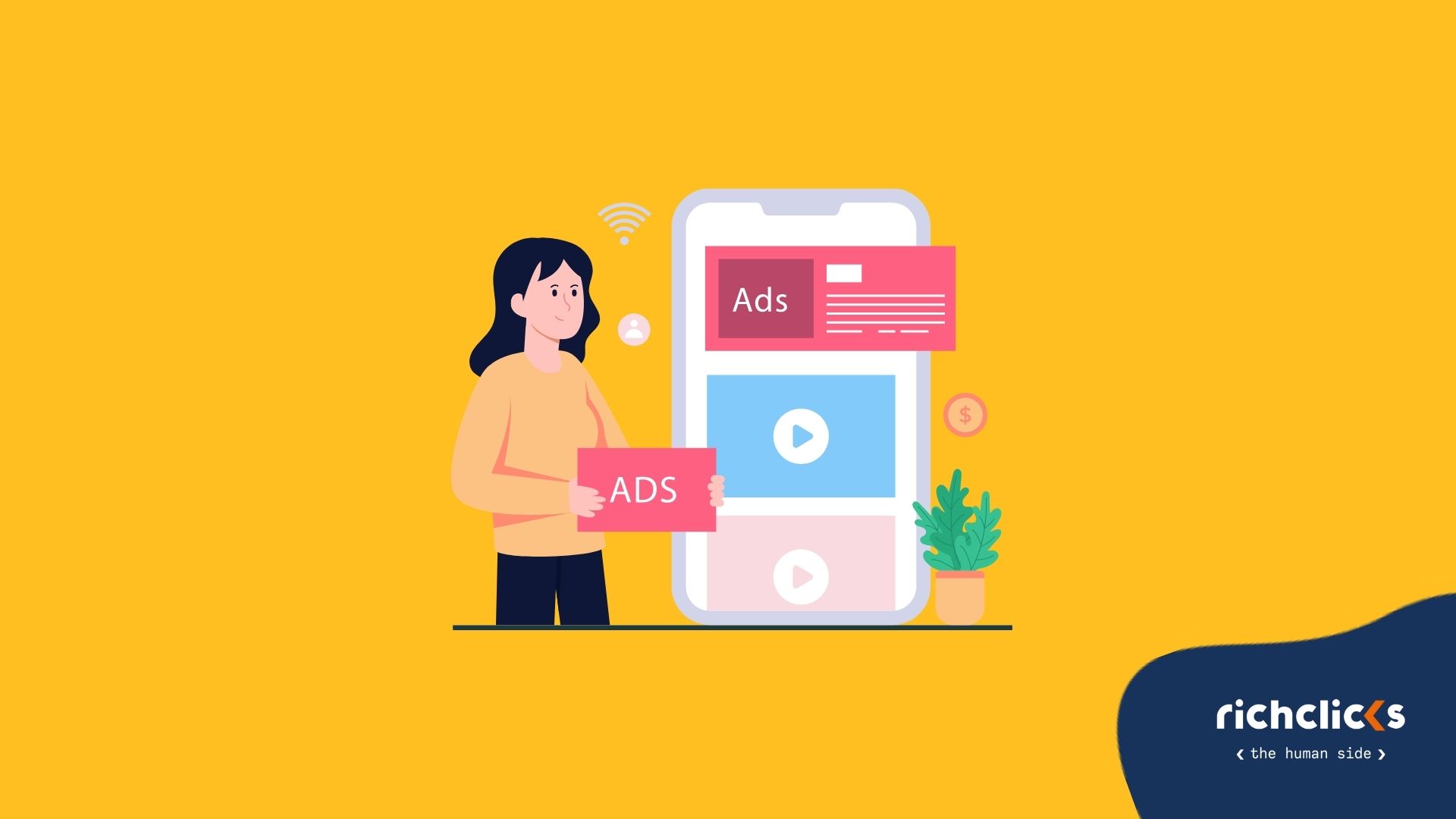Accessible websites: how to comply with the 2025 law
Have you heard about it? Starting June 2025, website accessibility won’t be a choice anymore – it will be a legal requirement.
The European Accessibility Act regulation requires all companies offering digital services within the EU to make their websites and platforms usable by people with disabilities.
This change affects nearly all digital businesses, not just public administrations.
What do we mean by web and digital accessibility?
We’re talking about making a website navigable and understandable for people with visual, auditory, motor, or cognitive impairments.
It’s not just about adding a “tool for the visually impaired,” but rethinking UX, content, and code based on the WCAG (Web Content Accessibility Guidelines).
Some practical examples:
- Alternative text for images and videos
- Clear semantic structure in the HTML code
- Proper color contrast
- Keyboard-accessible navigation
- Screen reader compatibility
- Consistency in forms, buttons, and content
What does the European regulation require?
Starting 28 June 2025, any new websites (including redesigned, migrated, or brand-new sites) must comply with accessibility standards.
This includes:
- Public entities (already subject to the EU Directive 2016/2102)
- Private companies with over €500M in annual turnover
- All other businesses (except micro-enterprises) offering digital products or services to the public
This means the vast majority of business websites will need to comply with accessibility rules, publish an Accessibility Statement, and offer a way for users to report barriers.
For websites already online, there’s a transition period: they must be updated to meet standards by 2030.
What happens if you don’t comply?
The risks are real:
- Fines (up to €40,000 or 5% of annual turnover)
- Lawsuits from excluded users
- Reputational damage and loss of credibility
- Ineligibility for public contracts and tenders
- Lost audience – over 15% of the global population lives with a disability
What should a business do today?
Don’t wait until 2025. Making your site compliant takes time, analysis, and often significant technical and content changes.
Here’s what we recommend:
- Run a technical and UX audit of your current website
- Identify critical areas according to WCAG standards
- Plan changes with the help of accessibility-savvy developers and designers
- Publish your Accessibility Statement
- If needed, pursue an external certification
How we can help
At RichClicks, we don’t offer certification ourselves — but we’re your first step to understand what’s needed and how to move forward.
Together with Yeah - Impresa Sociale, a leading company in digital accessibility, we help you:
- Audit your current website with technical and UX testing based on WCAG
- Identify the most urgent fixes to avoid penalties and improve user experience
- Support your internal teams or development agency with implementation
- Prepare for certification (if necessary), and connect you with trusted certifiers like Yeah
Our role is practical and strategic, not bureaucratic — we help you understand what to do, how to do it, and who to do it with.
Frequently Asked Questions on Digital Accessibility
Still curious about how digital accessibility really works?
We’ve answered the most common questions to help you move forward with clarity and confidence.
Am I required to make my website accessible?
Yes — if you’re not a micro-enterprise (less than 10 employees or €2M in turnover), you’ll need to comply starting fromJune 2025.
Is my website already compliant?
Only a professional test can confirm that. We can help you find out before you take unnecessary steps.
What’s different from previous rules?
The new law is broader and applies to many more companies. Penalties will be enforced.
How long does it take to become compliant?
It depends on your current website. On average, expect at least 2–4 months for audits, planning, and implementation.
Is certification mandatory?
No, but in some cases it’s useful or required (e.g., for public contracts). We can help prepare you — and if needed, we’ll connect you with Yeah for certification.
Take action now for Digital Accessibility
Digital accessibility is no longer optional — it’s a responsibility, and an opportunity to improve your online experience while positioning your brand as inclusive and forward-thinking.
The sooner you start, the easier it will be.
Want to know if your website is compliant?
Contact us: we’ll provide a free initial assessment to help you understand where to begin.



















